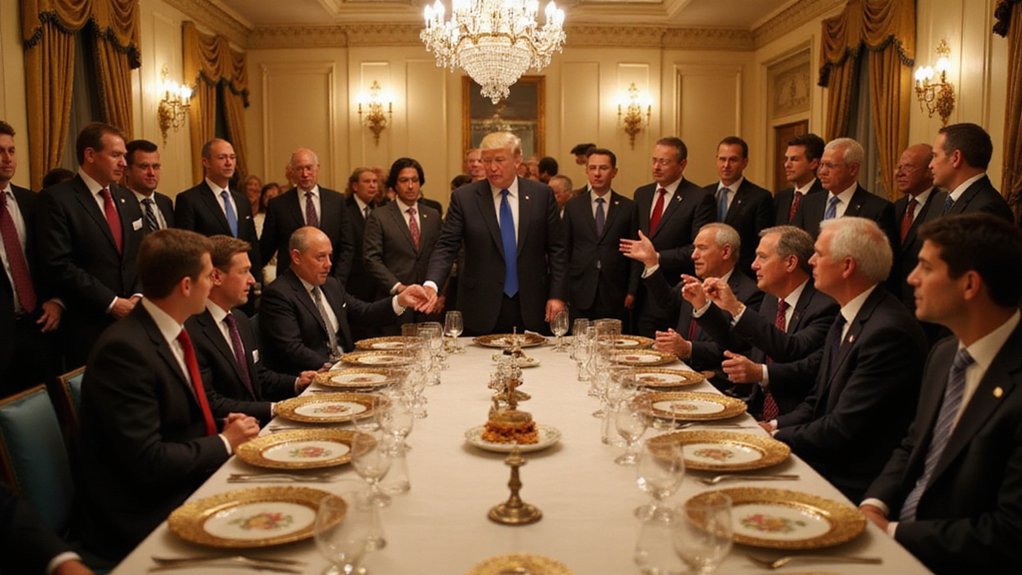This unprecedented unity centers on a seemingly simple demand: robust nationwide protections for software developers must be included in any market structure bill, or the industry will collectively withdraw its support.
The coalition’s letter to Senate banking and agriculture committees emphasizes non-custodial service provider protections as non-negotiable, effectively drawing a legislative line in the digital sand.
The industry’s position reflects hard-learned lessons about regulatory overreach. While the House’s Clarity Act provides the developer protections crypto advocates seek, its inclusion in Senate legislation remains frustratingly uncertain. This uncertainty has prompted the coalition to fundamentally hold the entire market structure bill hostage—a bold strategy that acknowledges the sector’s $200 million investment in lobbying since 2018 should yield tangible results.
Standing athwart this crypto juggernaut is Senator Mark Warner (D-VA), whose opposition to broad legal immunity for developers stems from national security concerns. Warner’s resistance isn’t merely philosophical; he cites practical risks including DeFi-related hacks, money laundering, and potential terrorist financing—concerns that carry considerable weight on the Senate Banking Committee.
Warner’s national security concerns about DeFi hacks and money laundering create formidable resistance to the crypto industry’s immunity demands.
The tension illuminates a fundamental regulatory paradox: how does Congress craft legislation that prevents bad actors from exploiting decentralized technologies without stifling the innovation that makes those technologies valuable?
Warner’s previous proposals to subject DeFi platforms to traditional finance oversight would fundamentally centralize the decentralized, undermining crypto’s core value proposition. The legislative push comes as the recently enacted GENIUS Act has already established federal regime for payment stablecoins, creating momentum for broader crypto market structure reforms. The crypto sector’s urgency is further heightened by ongoing financial recovery efforts, with FTX’s creditor payout representing one of the largest such efforts in U.S. history at $11.4 billion across all creditor classes. Advocates like Kristin Smith from the Solana Policy Institute estimate a 60% chance of the Clarity Act passing within the next year.
This coalition’s ultimatum represents more than typical industry posturing. Having invested heavily in political influence and weathered scandals like FTX, crypto companies recognize that legislative momentum—including initiatives like the GENIUS Act and designated “Crypto Weeks”—creates rare opportunities for favorable regulation.
Their unified stance suggests the industry has finally learned that coordination might be more effective than fragmented pleading.








